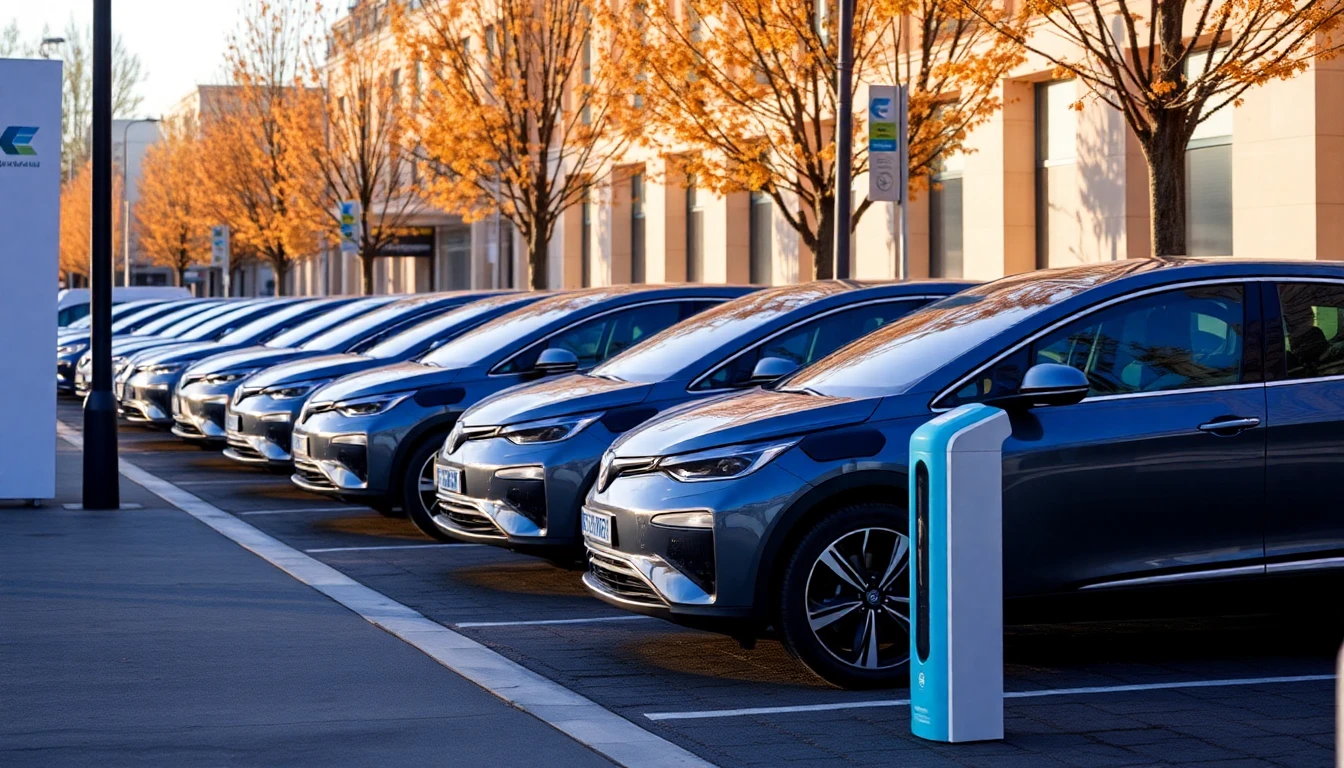
In a significant move that could redefine Germany's approach to electric vehicles (EVs), the Social Democratic Party (SPD) is currently deliberating the incorporation of subsidies for electric cars into their broader 2025 political strategy. This initiative comes at a time when the country is grappling with the challenges posed by an evolving automotive market and increased climate awareness among voters.
The discussions are centered around how the SPD can bolster their support for environmentally friendly technologies while also ensuring economic viability for consumers. By potentially expanding EV subsidies, the party aims to stimulate the adoption of electric vehicles, aligning with broader European Union goals to reduce carbon emissions and promote greener alternatives to traditional fuel-based transportation.
As part of their discussions, SPD officials are examining various models for subsidy implementation. These could range from direct financial incentives for consumers to purchase electric vehicles to tax breaks for manufacturers that produce EVs. This consideration reflects a larger trend among European nations prioritizing green technologies and the urgent call for action in addressing climate change.
Key figures within the SPD have noted the necessity of maintaining Germany's competitive edge in the global automotive industry. The conversation surrounding tax credits and subsidies is essential for encouraging manufacturers to innovate and invest in EV technologies without compromising the job security of those employed in traditional automotive sectors.
The SPD also recognizes that any proposal must be carefully balanced to reflect the economic realities facing many German households. As energy prices remain high, the party understands that financial relief and incentives must resonate with voters who might be hesitant to invest in new technology without clear monetary benefits.
This initiative will likely face scrutiny and demands for clarification on how the subsidies would be funded, particularly given Germany's current budgetary constraints. The balance of fiscal responsibility and investment in future technologies will be a significant point of contention as discussions progress toward a formal proposal.
Moreover, the SPD’s potential push for EV subsidies comes against the backdrop of increasing pressure from environmental groups and the EU to significantly cut down greenhouse gas emissions in the coming years. As the country looks toward its 2030 climate targets, the introduction of new supports for greener transportation could play a pivotal role in this overarching strategy.
As the SPD continues to navigate its position in the competitive political landscape, the outcome of these discussions will likely influence not only their electoral success in 2025 but also the future framework of Germany's automotive industry and environmental policy. Stakeholders from the automotive sector, environmental activists, and the electorate itself will be closely watching this development as it unfolds.
In summary, Germany's Social Democrats are poised to incorporate pivotal discussions of electric vehicle subsidies into their 2025 strategic planning, highlighting a commitment to both economic viability and environmental responsibility in the face of changing automotive dynamics.
#Germany #SocialDemocrats #EVSubsidies #ClimateStrategy #ElectricVehicles #FutureOfTransportation #Sustainability #AutomotiveIndustry
Author: Rachel Greene




